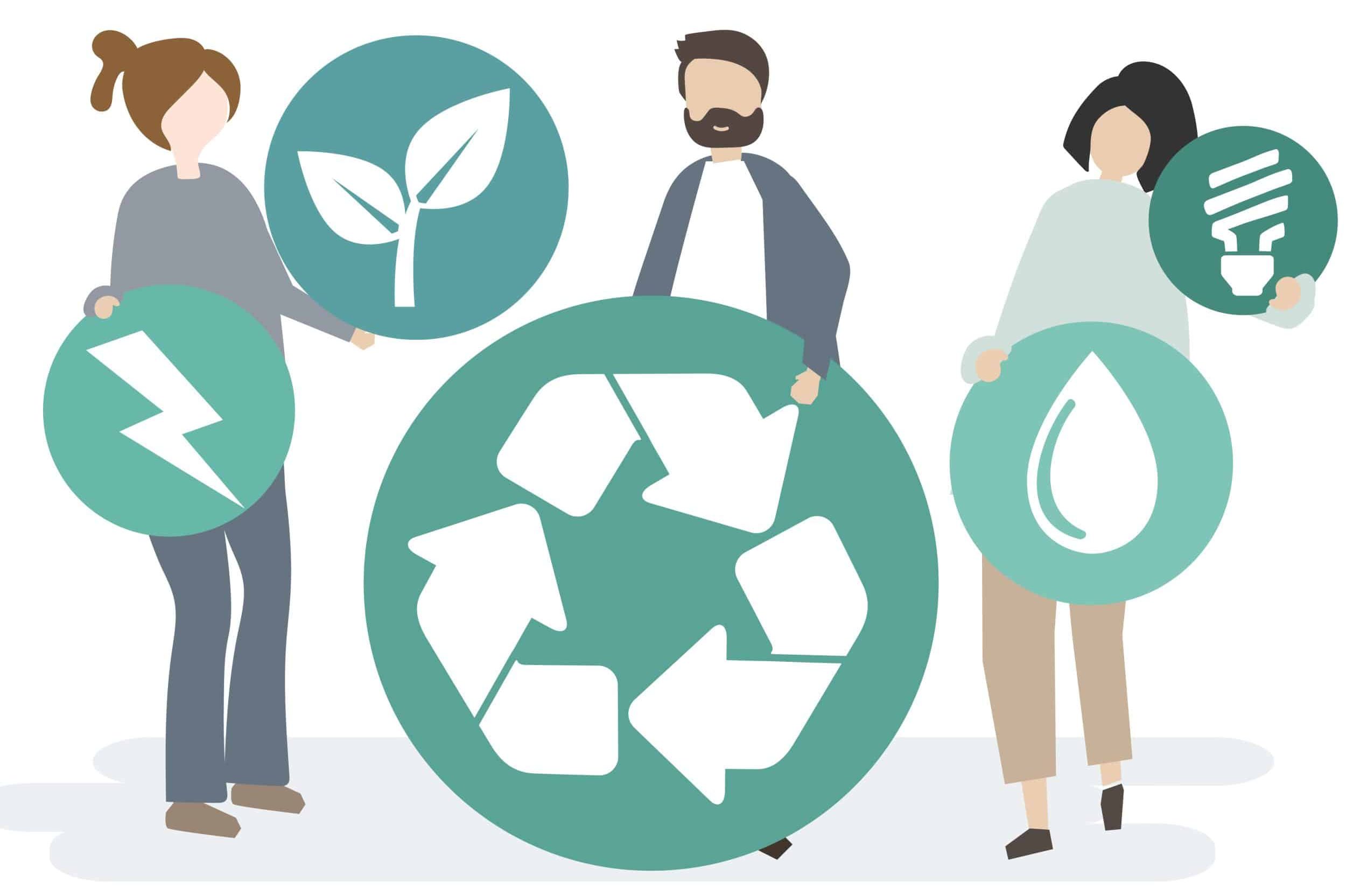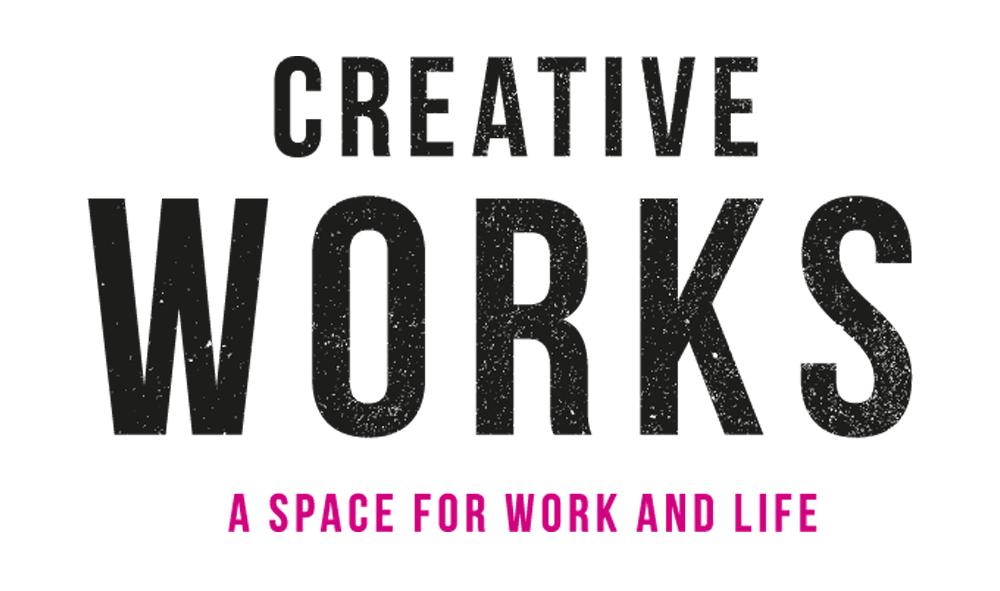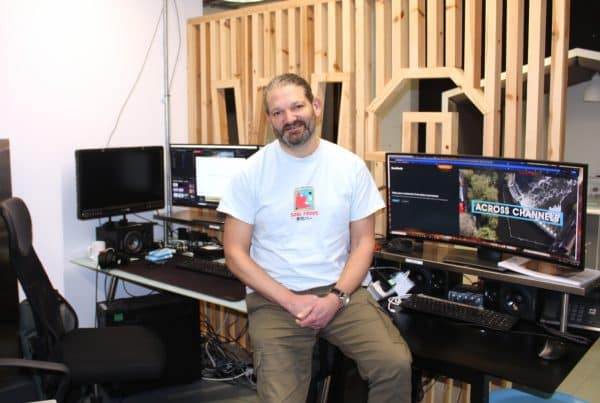
Inspired by Madelyn Postman’s recent workshop at Creative Works, we explore how small businesses can confidently approach sustainability—not as a burden or a branding tactic but as a meaningful, shared responsibility.
At a time when the scale of the climate crisis often feels paralysing—especially for small businesses juggling tight margins and limited resources—How to Save the Planet Before 10 am struck an empathetic and empowering note. Led by sustainability consultant Madelyn Postman of Grain Sustainability, the session offered a practical roadmap for SMEs (Small and Medium Enterprises) to reframe their approach from one of climate anxiety to tangible, values-led action.
Small businesses, in particular, should approach sustainability in a way that feels doable, relevant, and aligned with purpose. It’s about being intentional and remembering that climate action isn’t just for the big players—it belongs to all of us.
Climate Empathy: The New Starting Point
Before exploring Environmental, Social, and Governance (ESG) frameworks or certification pathways, Madelyn posed a thought-provoking question: How do we feel about the climate crisis? Starting with this question is crucial. Empathy—for the planet, future generations, and ourselves as individuals who may feel overwhelmed—is a natural human response and can also be a business advantage. Companies that build trust today are those that act with integrity and care.
This shift from guilt to empathy is what drives action. As Madelyn framed it: “We move from the Triangle of Inaction to the Circle of Influence.”
While no single business can reverse climate change, every business decision can influence and impact a wider network of employees, customers, suppliers, and communities.
Why SMEs Can’t Sit This One Out
While climate conversations often focus on the world’s biggest corporations, it is important to remember that SMEs also make a signficant impact. SMEs make up around 90% of businesses globally, and collectively, their impact on emissions is significant — both through their operations and as part of wider supply chains. In the UK alone, SMEs were responsible for an estimated 44% of non-household greenhouse gas emissions in 2021.
One sector that is frequently overlooked in these discussions is the digital industry. It may seem intangible, but the internet is not weightless, and all the infrastructure that powers our emails, Zoom calls, and cloud-based tools comes at a cost. The digital sector is estimated to contribute between 1.5% and 4% of global emissions—on par with aviation.
For creative SMEs, especially those working in tech, design, and media, this offers both a wake-up call and an opportunity to understand where impact happens and how small changes can lead to meaningful reduction.
ACT: Authenticity, Commitment, Tools
Madelyn shared the ACT model used by Grain Sustainability, which is a framework to help small and medium-sized enterprises (SMEs) develop climate-positive strategies:
- Authenticity: Start by honestly assessing your business’s current impact. What resources are abundant, and which are scarce? What values do you want your business practices to reflect?
- Commitment: Climate action is not a one-time campaign; it requires a long-term mindset. Whether you switch to a renewable energy provider or incorporate sustainability clauses into your contracts, staying consistent is key.
- Tools: This is where it gets practical. Many resources are available for businesses—from free carbon calculators to certifications and ethical directories. The important part is selecting the tools that align with your preferred approach to sustainability.
The B Corp Advantage
Madelyn highlighted the B Corp Certification for those wanting a structured path. With over 9,500 certified companies globally—2,500 in the UK alone—B Corp status is more than a badge. It’s a framework based on all five impact areas: governance, environment, workers, community, and customers.
Obtaining B Corp status typically takes up to a year, with 40–60 hours of focused work. But it’s worth it. It enables SMEs to align business growth with corporate responsibility and opens doors to a network of like-minded businesses.
Practical First Steps for SMEs
If you are wondering where to begin on your sustainability journey, Madelyn suggests these five low-barrier actions:
- Measure your footprint, including digital emissions—even your website hosting and cloud storage matter.
- Switch to ethical suppliers, from your bank (e.g., Triodos) to your pension (e.g., Nest).
- Explore Carbon Literacy training—it helps teams understand their impact and opportunities.
- Join networks such as the Better Business Network or 1% for the Planet.
- Talk about it. Share what you’re doing—and what you’re struggling with. Authentic communication builds trust.

There was once a belief that going green meant higher costs—the so-called Green Premium. However, in many sectors, that is no longer the case. Sustainable decisions often lead to lower energy costs and increased consumer loyalty, providing a competitive advantage.
Sustainability is not a destination—it is a direction. For SMEs, especially in the creative and cultural sectors, to adapt quickly and tell engaging stories gives you a unique edge. As Madelyn reminded us, “You are one person — but you’re not just one person.”
So why not start tomorrow—or better yet, before 10 am?
Want to keep this conversation going? Follow up with Grain Sustainability or check out 1% for the Planet.




